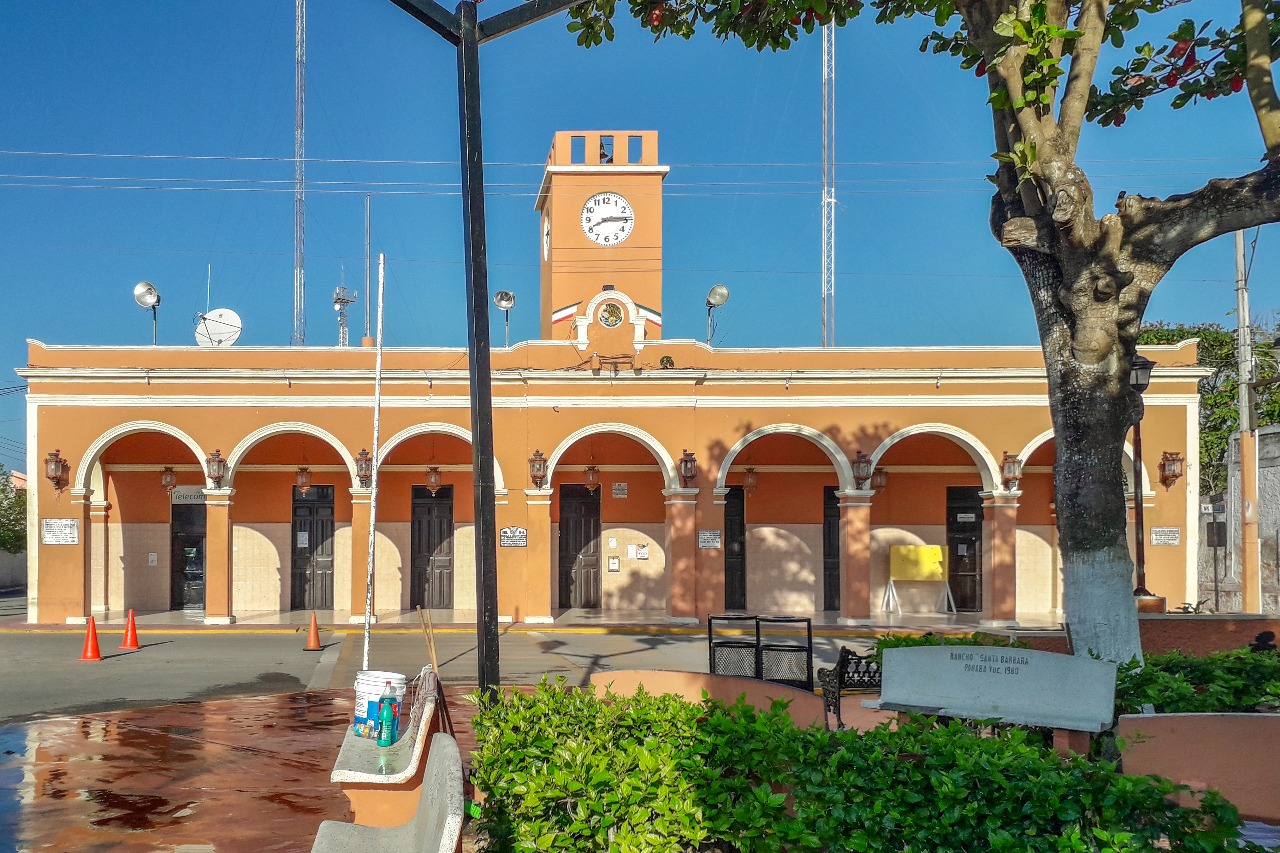Mérida, Yucatán — Two consecutive audits from the Yucatán State Superior Audit Office (ASEY) have placed the management of public resources in the state's municipalities under scrutiny. The reports, one corresponding to 2024 and another to the 2023 fiscal year, expose irregularities totaling more than 288 million pesos and confirm that several re-elected mayors have reappeared in reports of patrimonial damage.
First Audit: Nine Municipalities Flagged in the 2024 Public Account
The Commission for the Oversight of the Public Account, Transparency, and Anti-Corruption of the State Congress approved the ruling for the first delivery of the public account corresponding to 2024, applied to 11 municipalities from the 2021-2024 and 2024-2027 terms. Of these, nine municipalities incurred patrimonial damage totaling 15 million 398 thousand 599.38 pesos, according to the report submitted by the ASEY.
The ruling was approved unanimously by deputies from Morena, PAN, and PT, and will be sent to the full legislature in the next legislative session. The review covers the last eight months of the 2021-2024 term (January to August 2024) and the first four months of the current 2024-2027 term (September to December 2024).
Among the municipalities flagged, the following stand out:
- Yobaín: 3.53 million pesos (re-elected mayor Jesús Alberto Cool Aké).
- Bokobá: 3.60 million (former mayor Rubí Alejandrina Sosa Pérez and current mayor Yanely Ortega Canché).
- Buctzotz: 769 thousand pesos (former mayor Víctor Manuel Campos Baeza and current mayor Carlos Argáez Be).
- Chichimilá: 1.89 million (re-elected mayor Francisco Medina Martín).
- Maní: 482 thousand pesos (re-elected mayor Freddy Interián Bojórquez).
- Panabá: 743 thousand pesos (former mayor Omar Mena Narváez and current mayor José Nicolás Iuit Alcocer).
- Samahil: 509 thousand pesos (re-elected mayor Samuel Mayen Poot).
- Tekom: 1.07 million (re-elected mayor Gloria Cocom Can).
- Tetiz: 2.68 million (former mayor Melesio Canché Ruiz and current mayor Cristian Poot Chan).
Second Audit: 17 Municipalities Under Investigation for the 2023 Public Account
In a prior audit, presented in April 2025, the ASEY detected patrimonial damage of 273 million 317 thousand 927.48 pesos, of which 259 million 831 thousand 564.68 pesos (95 percent) correspond to municipalities from the 2021-2024 term. This third and final report for the 2023 fiscal year included the review of 126 government entities, among them 78 municipalities, six autonomous organizations, and 40 dependencies of the Executive Branch.
The 17 municipalities cited are: Celestún, Dzemul, Dzilam Bravo, Espita, Maxcanú, Mocochá, Motul, Opichén, Río Lagartos, Tekax, Telchac Puerto, Temax, Tinum, Yaxcabá, Tzucacab, Conkal, and Yobaín.
Among the largest diversions, the following stand out:
- Celestún – José Asunción Ramírez Perera: 24.7 million pesos.
- Telchac Puerto – Juan Alfredo Marrufo Díaz: 22.6 million.
- Mocochá – Pablo Alejandro Cutz Domínguez: 16.8 million.
- Dzemul – José Wilberto Flota Aké: 16.2 million.
- Tinum – Alicia Aurora Góngora Mejía: 13.9 million.
Other municipalities such as Motul, Yaxcabá, Espita, and Maxcanú also figure among those flagged, with amounts each exceeding 7 million pesos.
Money in the Air and Lack of Sanctions
Although both audits confirm patrimonial damages exceeding 288 million pesos, neither has resulted in public sanctions nor in the recovery of resources. The case files were sent to the Oversight Commission, but so far no formal complaints have been reported to the Anti-Corruption Prosecutor's Office nor any administrative resolutions.
The procedure indicates that the cases must be referred to the State Administrative Justice Tribunal; however, in previous fiscal years, many case files have ended up archived or expired.
The ASEY is the technical body of the State Congress responsible for auditing the correct application of public resources at the three state government levels: Executive, Judicial, and municipal. Its primary function is to review public accounts, detect irregularities in spending, and, in theory, promote legal actions to recover misappropriated or misspent money.
Nevertheless, its role almost always ends with documentation. The ASEY audits, drafts the reports, and sends them to Congress; Congress, through the Oversight Commission, approves the rulings and sends them to the full legislature; the media reproduces the findings; and there everything stops.
In practice, sanction procedures advance slowly or dissolve among administrative procedures and processing times, which turns oversight into a mechanism for registration rather than justice. The result is a predictable cycle: each year new patrimonial damages are revealed, but few officials are held accountable and the lost public money is almost never recovered.
Together, the 2023 and 2024 reports confirm that accountability in Yucatán faces a crisis of effectiveness, where public money remains "in the air" and oversight mechanisms only document, but do not correct.
Discover more from Riviera Maya News & Events
Subscribe to get the latest posts sent to your email.
